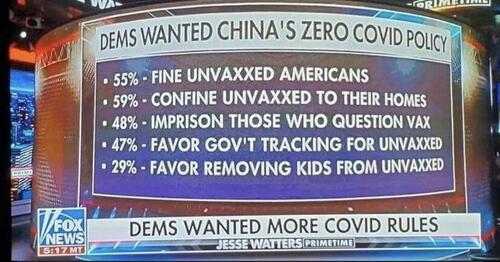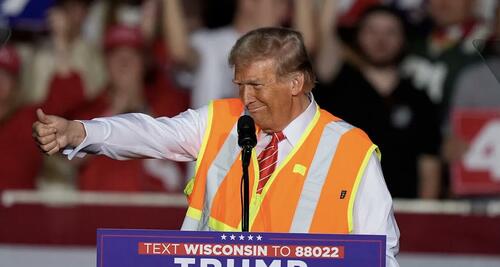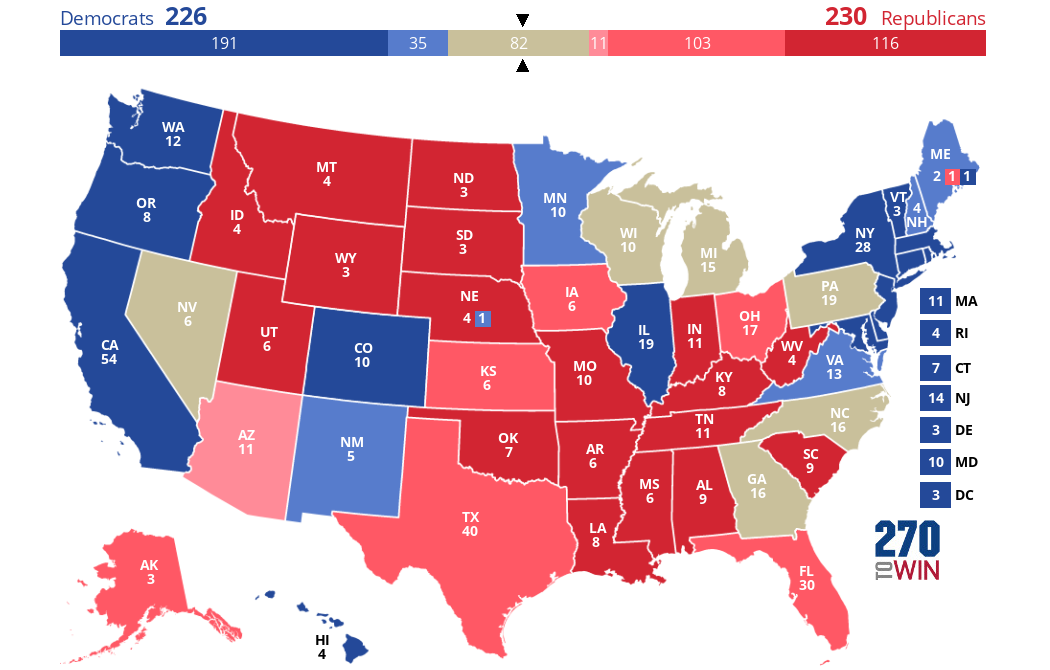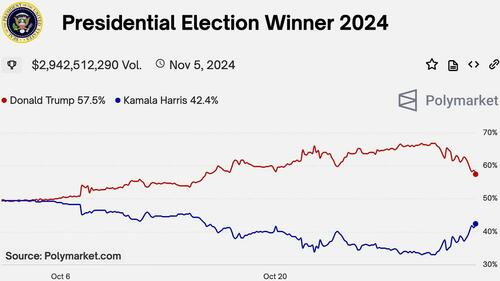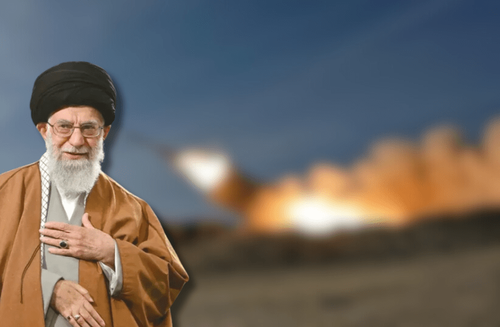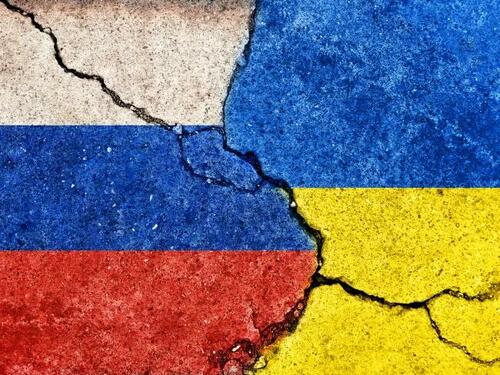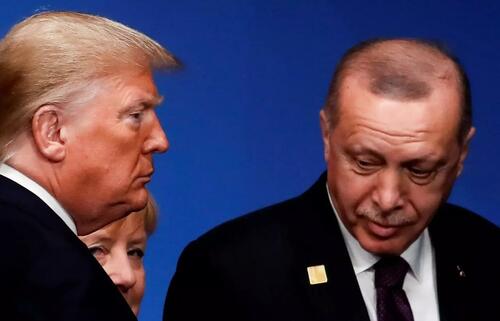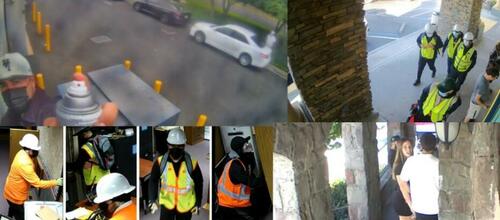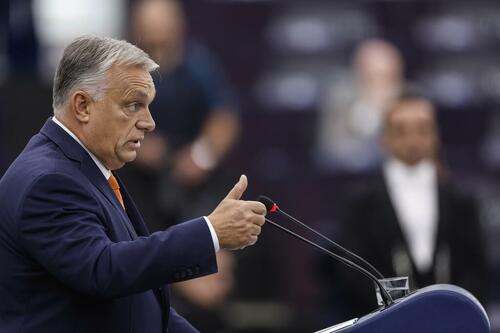Authored by Jonathan Turley,
“Something wicked this way comes.” Those words from William Shakespeare’s “Macbeth” capture a certain dread that takes hold of some of us tasked with covering the legal elements of the presidential election.
Just as Halloween ended, things in the days leading into Election Day have begun to get…well, spooky. Call it election jitters, but some of us have been here before.
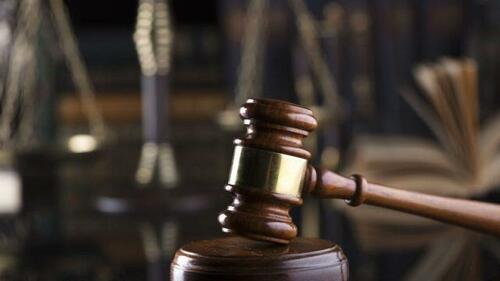
More than 200 cases have been filed around the country before the election this year. In the last week, worrisome elements have begun to pop up in various swing states.
Over the last couple of decades, I have covered presidential elections for three networks (as I will do for Fox News in this election). The lead-up to elections always includes a flurry of lawsuits. As the voting margin shrinks between the parties, the number of lawyers increases.
Some lawsuits are important efforts to make changes to remove barriers for voters or the counting of early balloting. For example, on Friday an emergency lawsuit filed by the American Civil Liberties Union secured an order for election officials in Cobb County, Ga., to overnight mail ballots to roughly 3,000 citizens and to guarantee that they be counted after a snafu by election officials. Other lawsuits are what I call “placeholders,” where campaigns establish areas of concern to be able to reference later in any specific challenges on or after Election Day.
The Supreme Court has already intervened to stop an effort by the Biden-Harris administration to force Virginia to put people back on the voting rolls who had identified themselves as non-citizens. It is a crime for non-citizens to vote. Although Virginia allows any mistaken information to be corrected (and also allows for challenged voters to file provisional ballots), lower courts ordered Virginia to enable people to vote who had said they were not citizens.
Critics charge that the case is the continuation of the administration’s unrelenting attacks on voter identification and proof of citizenship laws, even though 84 percent of Americans support such laws. In California, Governor Gavin Newsom and Democratic legislators actually made it a crime for any poll worker to ask voters for identification.
Some of these early challenges are welcomed, in the sense that we still have time to work out problems. Courts are notoriously reluctant to intervene after an election with the limited time before the certification of votes. They often refuse challengers access to vital election board information or bar cases as speculative or litigants as lacking in standing. This fuels the public’s distrust of the integrity of the election.
Some challenges potentially involve a high number of votes in swing states. For example, in North Carolina, the Republican National Committee is suing the North Carolina State Board of Elections over 225,000 people who may not have been appropriately registered because that state failed to require a driver’s license or partial Social Security number.
In Arizona, a judge had to order Democratic Arizona Secretary of State Adrian Fontes to release the names of roughly 218,000 voters who may have been allowed to register without the proof of citizenship required by state law.
There is also a growing concern over possible systemic voting registration violations in multiple districts in Pennsylvania. Initially, 2,500 forms were marked as suspicious for possible false names, duplicative handwriting or unverifiable or incorrect identifying information. Lancaster County District Attorney Heather Adams and her team found that about 60 percent of the 2,500 forms were potentially illegitimate. Monroe County District Attorney Mike Mancuso linked the registrations to “Field and Media Corps,” a subsidiary of Fieldcorps, an Arizona-based organization.
Field and Media Corps appears to have taken down its website, but it previously identified itself as a subsidiary of FieldCorps. It described itself as “connecting campaigns and projects with communities of color across the state. Our clients benefit from our social activism and coalition leadership experience gained through decades of leading campaigns, highlighting social inequalities, and developing BIPOC coalition building.”
FieldCorps has reportedly been working for the Harris-Walz campaign, the Mark Kelly campaign in Arizona and other Democratic campaigns. Efforts to reach FieldCorps for comment have been unsuccessful.
The concern is that companies like FieldCorps could be replicating errors across districts and states in the rush to register new voters.
If these are knowing falsifications, it could constitute a federal crime.
We also have the same controversies arising in this election about changes to voting laws just before the election. In 2020, many voters were opposed to courts in states like Pennsylvania issuing last-minute changes. Many assumed that these laws had been finally worked out to guarantee the criteria for consideration of mail-in ballots and other forms of voting.
However, with less than two weeks to go, a divided Pennsylvania Supreme Court voted 4-3 to order a significant change in election rules. The Election Code in the state is a model of clarity — it says that a provisional ballot “shall not be counted if the elector’s [mail] ballot is received in a timely manner by a county board of elections.” However, the court ruled that provisional ballots must be counted even if an individual has already sent in a mail ballot rejected for violating a mandatory rule, such as failure to place the ballot in a secrecy envelope or to date or sign the envelope. Late Friday night, the Supreme Court declined to block the counting of the provisional ballots.
However, on Friday, the Pennsylvania Supreme Court did hold the line on another major change of the state election laws ordered by a lower court. The court stayed a decision that it is unconstitutional to reject mail ballots without handwritten dates on the return envelopes. The stay means that the law will remain in effect for the election. Justice Kevin Doughtery (joined by Chief Justice Debra Todd) wrote a reassuring concurrence for many of us having to follow these cases: “’This Court will neither impose nor countenance substantial alterations to existing laws and procedures during the pendency of an ongoing election.’ We said those carefully chosen words only weeks ago. Yet they apparently were not heard in the Commonwealth Court, the very court where the bulk of election litigation unfolds.”
In what may be the closest election in history, late changes to election laws are inflammatory for an already suspicious electorate. According to the Gallup polling, only 63 percent are “very (34 percent) or somewhat confident (29 percent) that votes in the upcoming midterm elections will be accurately cast and counted.” That is near a record low, and there is a 45 percentage point gap separating Republicans (40 percent) and Democrats (85 percent) in their confidence in election integrity.
To my astonishment, voting officials are still committing basic errors. In Bucks County, Pa., voters were turned away in their attempt to apply in person for mail-in ballots. Some were told that there were computer or staffing problems. A court then ordered additional days to request ballots, so that matter at least is resolved. Yet such glitches are concerning. This is not rocket science. Rocket science is Elon Musk catching a massive booster rocket on what looked like a giant barbeque fork. Getting the staff and computers in place in a historic election should not be a great challenge.
Given the emotions and closeness of this election, any such irregularities will only confirm the worst expectations of some voters. They are often neither sinister nor particularly suspicious. With tens of millions voting, there are going to be problems. Election officials can help reduce the suspicions by being more forthcoming in sharing information. In past years, officials have acted reflectively to oppose any disclosures while seeking the dismissal of cases. That largely succeeded legally but proved costly politically. It left many allegations (including ill-supported theories) unresolved in the minds of many citizens.
It would be far better for the nation to resolve questions before the elections and strive for greater transparency in post-election challenges. That is why, if something wicked this way comes, we can more easily send it along its way.
Jonathan Turley is the Shapiro professor of public interest law at George Washington University and the author of “The Indispensable Right: Free Speech in an Age of Rage.”

